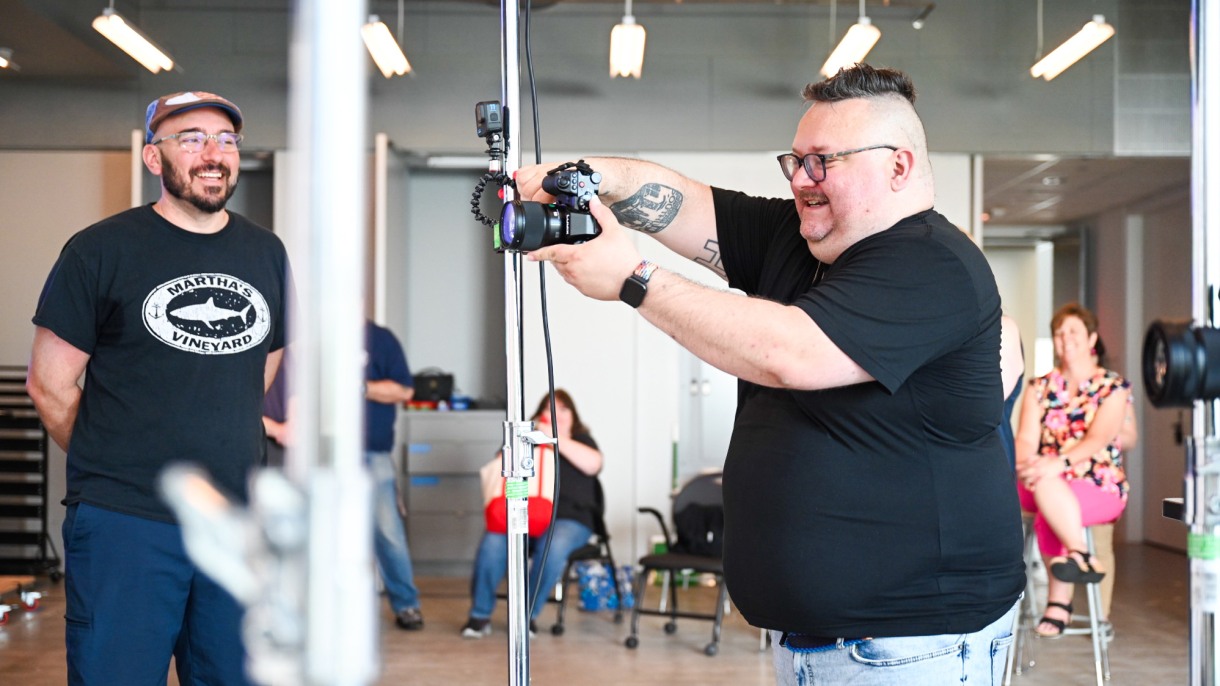Flock Camera CEO Defends Tech Amid Houston Police Surveillance Concerns

The use of Flock camera technology by the Houston Police Department has come under increased scrutiny recently, prompting a response from the company's CEO. In a recent statement, Flock's CEO pushed back against concerns raised in reporting, including a Houston Chronicle investigation, emphasizing that the responsibility for how the technology is utilized lies with local law enforcement agencies.
Flock cameras, which primarily capture license plates and vehicle information, have become increasingly prevalent in cities across the United States. While proponents argue that these cameras aid in crime prevention and the recovery of stolen vehicles, critics raise concerns about privacy, potential for misuse, and the disproportionate impact on marginalized communities. The Houston Chronicle's investigation highlighted the extent of Houston Police Department's use of Flock cameras and raised questions about data storage, access, and the potential for biased outcomes.
The CEO's defense centers on the idea that Flock provides the technology, but the decision on its deployment and application rests solely with the police departments that purchase and operate the system. “We provide a tool, and it’s up to the local law enforcement agencies to determine how they use it,” the CEO stated. They further added that Flock has implemented safeguards, including data retention policies and training materials, to encourage responsible use.
However, critics argue that Flock has a responsibility to ensure its technology is not being used in ways that violate civil liberties. They point out that the company's data retention policies, even with stated limitations, can still result in the accumulation of vast amounts of personal information. Furthermore, they contend that the lack of transparency around how Flock data is shared and utilized raises serious concerns about potential abuse.
The debate surrounding Flock cameras and similar surveillance technologies highlights a broader conversation about the balance between public safety and individual privacy in the digital age. As cities increasingly rely on these tools to combat crime, it's crucial to establish clear guidelines and oversight mechanisms to prevent misuse and protect the rights of all citizens.
The Houston Police Department has stated that it uses Flock cameras to investigate serious crimes and locate missing persons. They maintain that the technology is a valuable asset in their efforts to keep the city safe. However, the ongoing scrutiny and public debate underscore the need for continued dialogue and accountability regarding the use of surveillance technology in public spaces.
Moving forward, it's likely that we will see increased calls for greater transparency and regulation of Flock cameras and similar technologies. This may include stricter data retention policies, independent audits of law enforcement usage, and increased public input on the deployment of surveillance systems. The challenge lies in striking a balance that allows law enforcement to effectively utilize these tools while safeguarding the privacy and civil liberties of the community.






